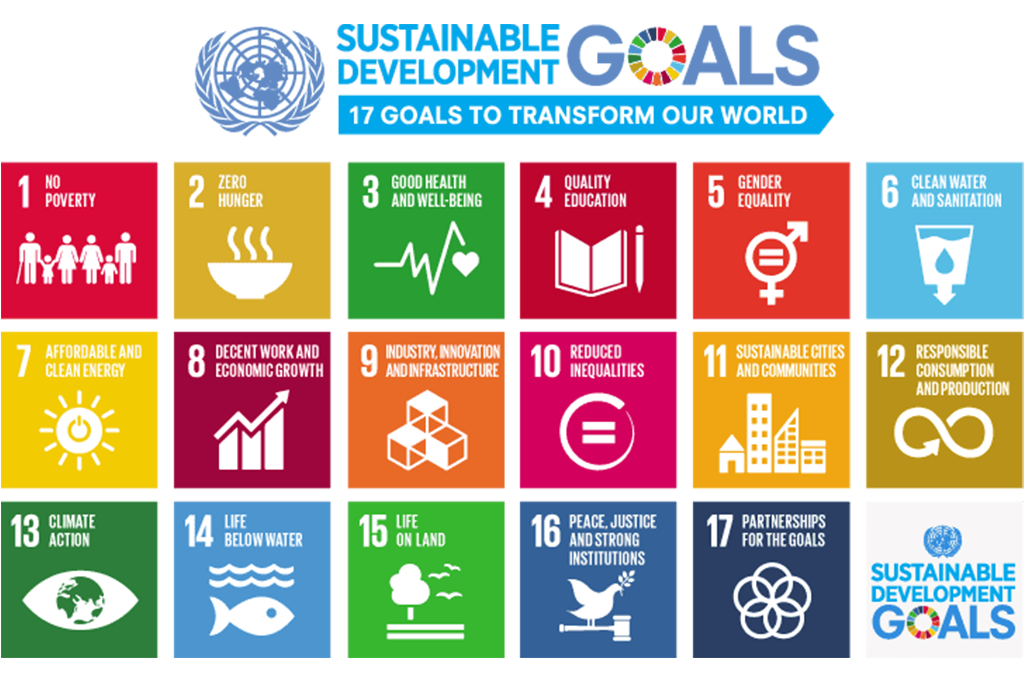With rapid urbanization, cities face increasing pressure to provide sustainable water supplies. Advanced water recycling systems, which treat and reuse wastewater, offer a viable solution for managing urban water demand, reducing reliance on freshwater sources, and minimizing environmental impact.
Types of Water Recycling Systems
Water recycling systems vary from greywater reuse for irrigation to advanced blackwater treatment for potable reuse. Membrane bioreactors (MBRs) are widely used in urban wastewater treatment plants, combining biological processes with membrane filtration to remove contaminants. Studies by De Gisi et al. (2014) show that MBRs achieve 95% contaminant removal, making treated water safe for various applications.
Case Studies of Urban Water Recycling
In Tokyo, a comprehensive greywater recycling system provides treated water for toilet flushing, reducing freshwater demand by 25% (Tanikawa et al., 2018). In Namibia, Windhoek’s Goreangab Water Reclamation Plant treats wastewater to potable standards, supplying 25% of the city’s water (du Pisani, 2006).
Environmental and Economic Benefits
Urban water recycling reduces stress on natural water sources and minimizes wastewater discharge into ecosystems. By capturing and reusing water, cities can reduce their environmental footprint. Economically, recycled water reduces costs associated with freshwater extraction and distribution. For instance, Singapore’s NEWater saves millions in freshwater expenses annually (Tortajada, 2006).
Challenges and Future Potential
While effective, urban water recycling faces challenges related to cost, infrastructure, and public acceptance. Expanding recycling programs requires investment in treatment technology and public education to overcome perceptions about reused water. With supportive policies, cities worldwide can integrate advanced water recycling into sustainable urban water management strategies, building resilience against future water scarcity.








